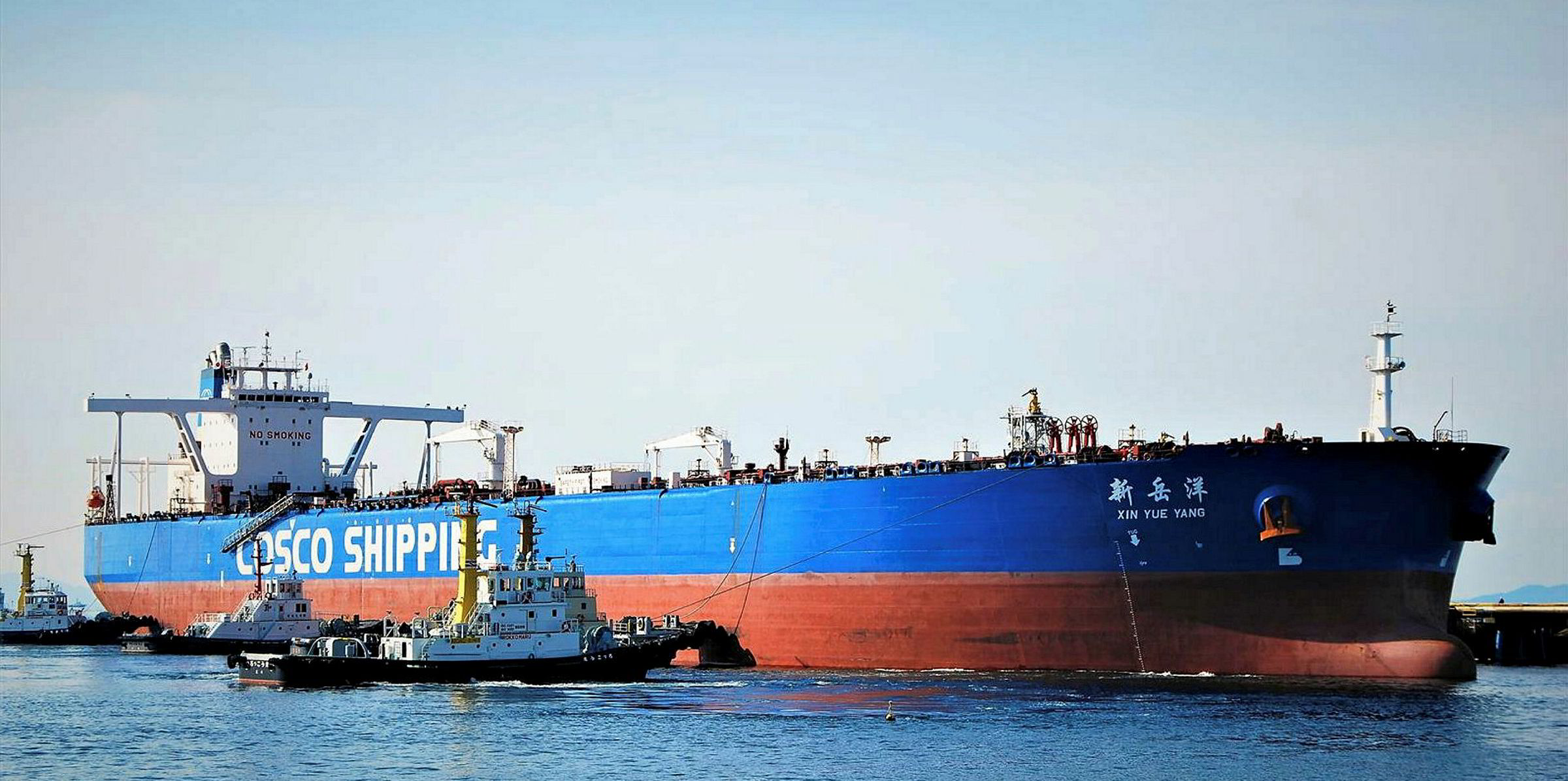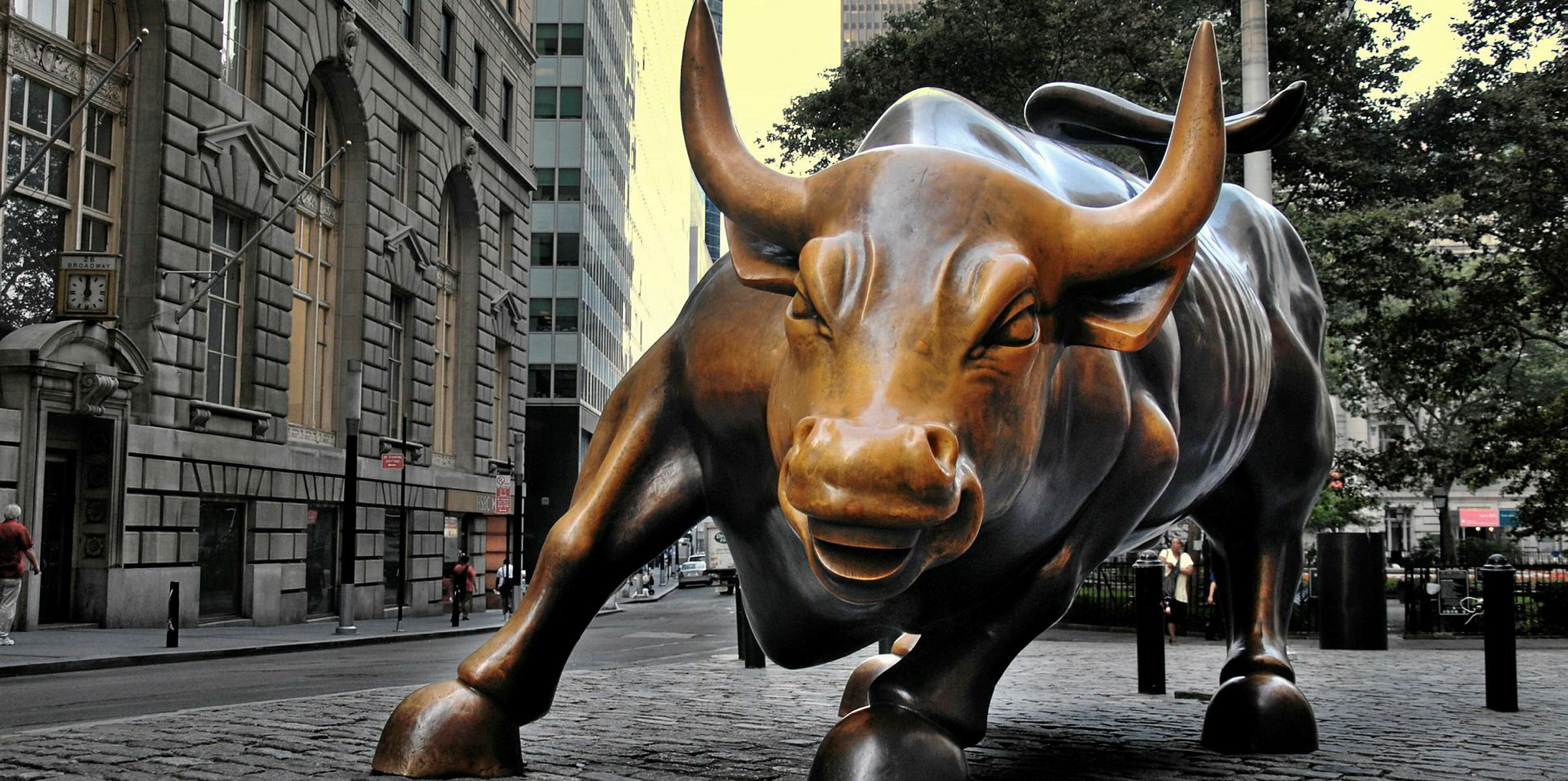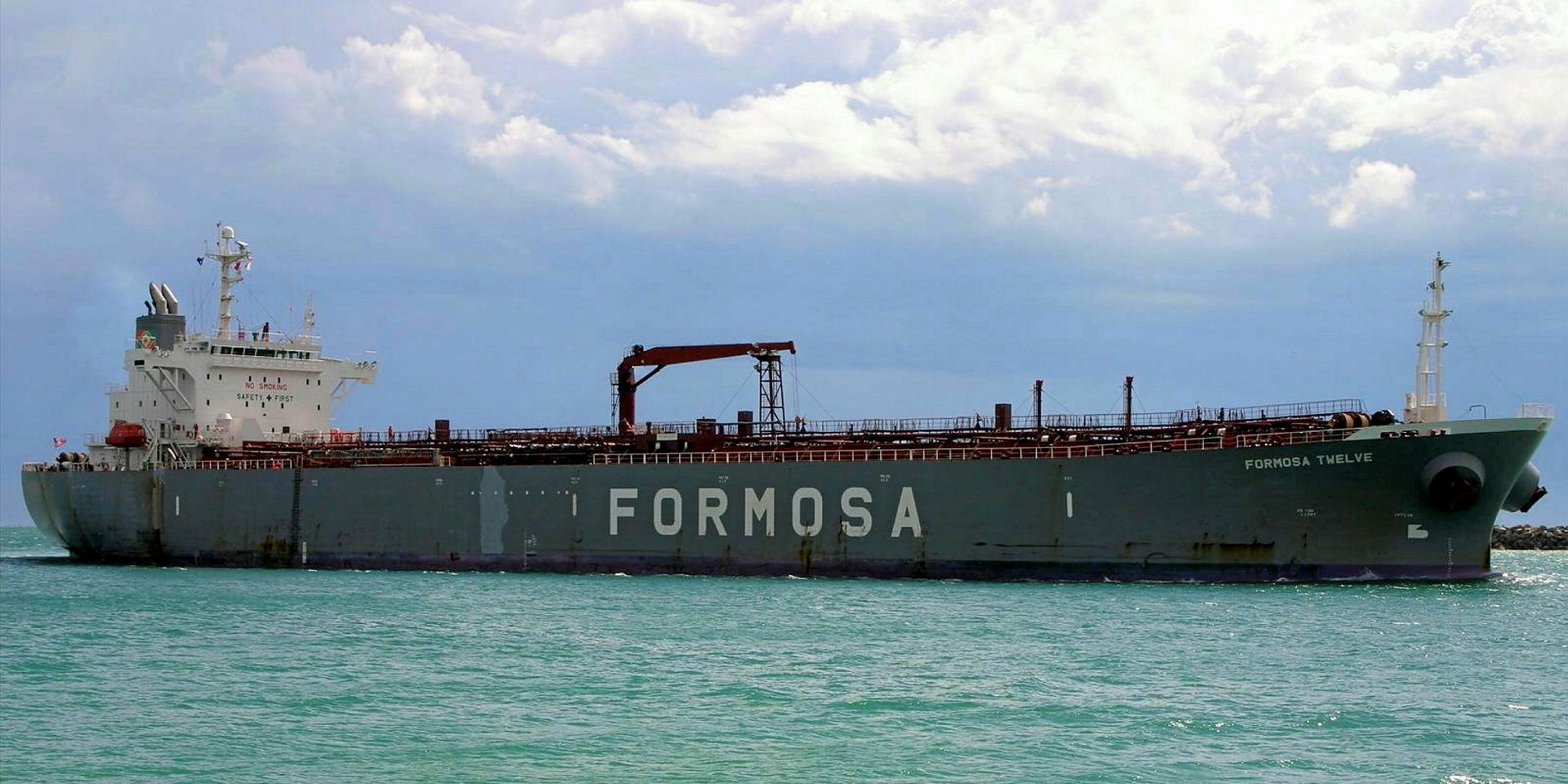VLCC earnings have risen to the highest level since the 2008 financial crisis even as some of Cosco Shipping Energy Transportation’s (CSET’s) tankers are returning to spot trading.
With Washington’s sanctions on Iran and Venezuela keeping many vessels from trading normally, charterers are rushing to fix vessels for loading in late October and early November, tightening tonnage supply across the globe.
“A combination of increased seasonal volumes, the recent ban on certain Chinese ships for breaching Iran sanctions, and charterers being reluctant to take ships with Venezuelan trading history, has significantly affected tonnage supply,” Fearnleys said.
“As a result, charterers are reaching forward date-wise to secure tonnage, fuelling an already red-hot market.”
Spot earnings on the Middle East Gulf-China trade were assessed by the Baltic Exchange at $123,472 per day as of Wednesday afternoon, up $10,425 from the day-ago level.
This was also the highest since the summer of 2008.
Unipec, the trading arm of Chinese state energy giant Sinopec, has reportedly put five VLCCs on this route under provisional booking this week for loading in early November.
Tanker International data shows those ships, namely Papalemos (built 2008), Manah (built 2008), Athenian Victory (built 2009), Erbil (2016), Arosa (built 2017), were booked at Worldscale 140.
Some other fixtures were heard to be done at WS147.5. Exact details for those are not immediately available.
The latest rally has been triggered by Washington’s decision to sanction Cosco Shipping Tanker (Dalian) Co. one of the main shipowning subsidiaries of CSET, the world’s largest crude tanker owner by capacity.
While charterers had initially avoided CSET tonnage altogether, the company has been quietly marketing its vessels unrelated to Cosco Dalian since early October, according to some industry sources. Two of those VLCCs, the Xin Yue Yang (built 2009) and the Xin Lian Yang (built 2014), were fixed on voyage charters earlier this week.
“I think those deals are pretty much under the radar. Even though they are not directly exposed to the sanctions, the charterers probably did not want to draw ire from the US,” one source said.
TradeWinds understands CSET has been circulating among its business partners a fleet list of Cosco Dalian, which includes nearly half of CSET’s 52 VLCCs.
“What the company is doing is to provide the necessary documents and market players will make their own decisions,” said a second source.
“Much of the CSET tonnage is serving Chinese imports, so their available tonnage for spot trading is actually limited.”
Meanwhile, ExxonMobil, one of the world’s largest tanker charterers, has reportedly banned the use of vessels that called in Venezuela in the past year. Some other US refiners may follow suit.
The initiatives, which have come as the US slowly ramps up sanctions on Venezuela, is expected to create short-term imbalance across the tanker spectrum and drive up freight rates.
“All other segments, from aframaxes to suezmaxes, are working in tandem, leaving little wiggle-room for alternative freight options,” Fearnleys said.
Average suezmax earnings reached $111,236 per day on the Baltic Exchange as of Wednesday afternoon, up by $12,928 from Tuesday. Aframax earnings rose by $4,235 to $52,947 per day.






